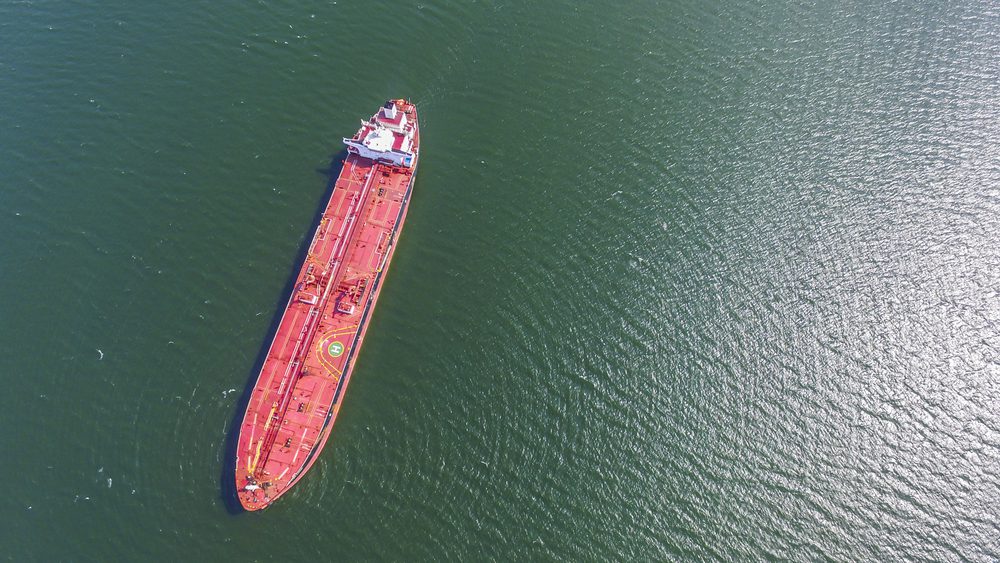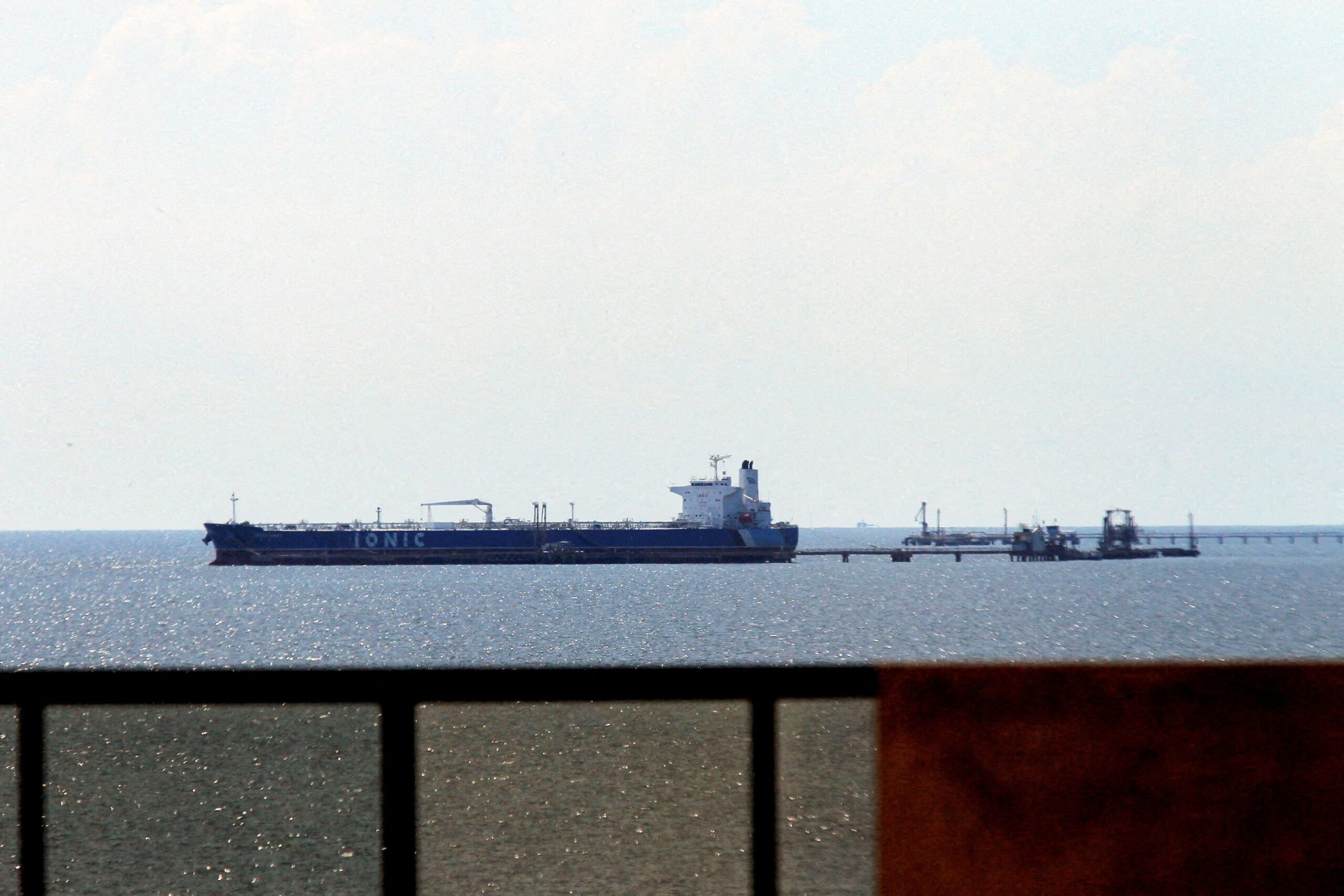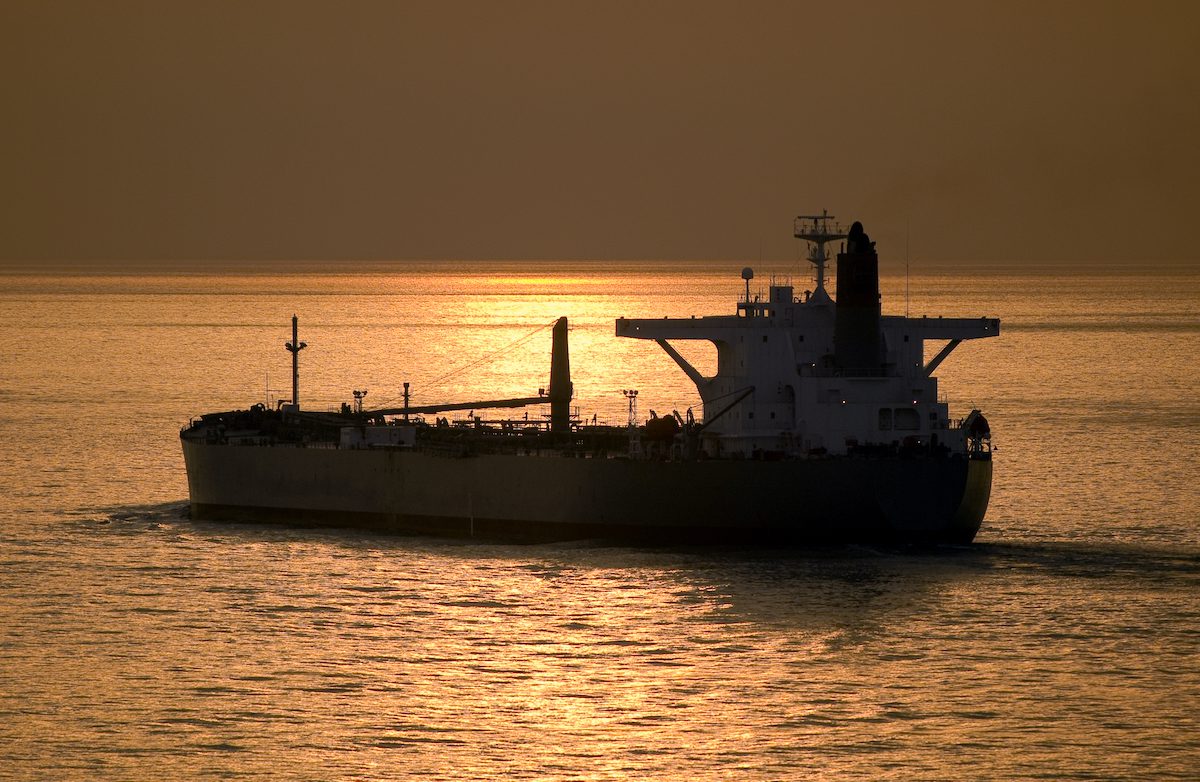Photo: By angelstructure / Shutterstock

By Marianna Parraga and Mircely Guanipa HOUSTON/PUNTO FIJO, Venezuela, June 7 (Reuters) – Venezuela has begun testing seaborne oil transfers to ease a severe backlog of crude deliveries from its main terminals, according to sources and data, as chronic delays and production declines could temporarily halt state-run PDVSA’s supply contracts if they are not cleared soon.
The company has told some customers it may declare force majeure, allowing it to temporarily suspend export contracts, if they do not accept new delivery terms, including seaborne transfers. PDVSA’s oil sales are the lifeblood of the OPEC-member nation.
Tankers waiting to load more than 24 million barrels of crude, almost as much as PDVSA shipped in April, are sitting off Jose, the country’s main oil port, according to the data.
PDVSA did not reply to requests for comment.
The delays helped push up Brent crude oil prices on Thursday. Brent rose 2.6 percent to settle at $77.32 per barrel.
The Suezmax tanker Sonangol Kalandula, bound for Tipco Asphalt’s refinery in Kemaman, Malaysia, was loaded this week with Venezuelan heavy crude using a ship-to-ship (STS) transfer, the first test of how PDVSA expects to ease congestion at its ports.
The vessel, which has not yet set sail, had been waiting since February to load, according to Thomson Reuters vessel tracking data. Tipco Asphalt did not reply to a request for comment.
As of Thursday, more than 80 tankers were waiting in Venezuelan waters, half of them to load crude and refined products for exports, according to the data.
The delays have mounted since May, when asset seizures forced PDVSA to stop using Caribbean facilities for storing and loading export cargoes. But PDVSA’s noncompliance with oil supply contracts started months ago as production declines accelerated, according to internal company documents.
In April, PDVSA shipped 1.49 million barrels per day (bpd) of crude and fuels to its customers, 665,000 bpd below the 2.15 million contracted, according to the documents.
In 2017, PDVSA lost two supply contracts, one with U.S. PBF Energy Inc and one with Brazil Braskem, due to unstable supply and U.S. sanctions. Since then, delays fulfilling supply contracts have only grown.
Customers waiting for cargoes with tankers already at sea include U.S.-based Chevron Corp and Valero Energy Corp , India’s Nayara Energy and China’s CNPC and its trading unit PetroChina Co Ltd.
PDVSA customers including Chevron declined to comment on the new terms. Nayara Energy, Valero Energy and units of CNPC, which each had vessels awaiting loadings on Thursday, did not reply to a request for comment.
DOUBTFUL SOLUTION
PDVSA expects the new terms, including loading via STS, will end the backlog at Jose and at its Paraguana Refining Center, according to a person familiar with the matter.
A senior Chinese state-oil official with direct knowledge of the issue said “the Venezuela side has requested for STS operations, and also agreed to bear the additional cost.”
But the official said he had doubts over whether PDVSA could deliver on time.
“Given the constraint in production capacity and loading infrastructure, we’ll see who they’ll prioritize,” said the executive, who was not authorized to speak publicly.
Another buyer of Venezuelan oil said chances were slim that any customer would contest force majeure, choosing instead to negotiate differences in pricing because of the transfer costs involved.
Venezuela’s crude exports fell 6 percent in May to 1.168 million bpd following U.S. ConocoPhillips’ legal actions to seize PDVSA’s assets in four Caribbean islands, according to Reuters data. The nation’s crude exports in the first five months of 2018 were 27 percent lower than in the same period of 2017.
The lack of export and storage terminals, especially those with deep-water docks to load large vessels bound for Asia, has forced PDVSA to divert tankers to Venezuela in recent weeks. The measure also has been taken to avoid further cargo seizures, after Conoco won temporary court orders retaining two vessels near Aruba last month.
Venezuelan ports – facing lack of spare parts, limited operation hours and a dwindling workforce – have struggled to handle the increasing number of tankers, leaving customers with growing delays and unfulfilled supply contracts.
The company’s proposed STS transfer solution, to be performed in waters 6 miles (9.7 km) from Venezuela’s Cardon refinery, faces resistance among oil buyers, according to shippers and traders.
These transfers require specialized equipment, handling by specialists and facilitated by mooring masters, according to a provider of the service. The captain of the receiving tanker also has to be trained to perform the operation, a shipper said.
“A STS operation adds at least $1 per barrel to the purchase cost. The question is who will take responsibility for that,” said Robert Campbell, head of oil products markets at consultancy Energy Aspects.
The price of Venezuela’s Merey crude, the main grade exported from Jose port, rose to $60.24 per barrel in April.
Insurance coverage for tankers and cargoes would also have to be changed to include the STS operation if customers accept the option, Campbell added.
Crude spills affecting the waters surrounding several of PDVSA’s ports on Venezuela’s western coast are another risk some customers see as an obstacle for the transfers.
But long delays for loading Venezuelan oil could ultimately push many customers to negotiate new trade and shipping terms, one of the sources said.
(Reporting by Marianna Parraga in Houston and Mircely Guanipa in Punto Fijo, Venezuela Additional reporting by Liz Hampton and Gary McWilliams in Houston, Chen Aizhu in Beijing and Henning Gloystein in Singapore Editing by Leslie Adler and Matthew Lewis)
(c) Copyright Thomson Reuters 2018.
Editorial Standards · Corrections · About gCaptain
This article contains reporting from Reuters, published under license.

 Join The Club
Join The Club











